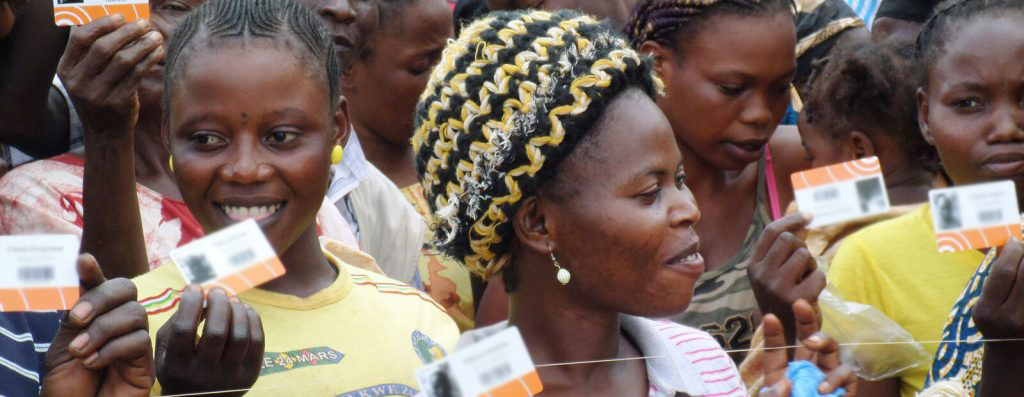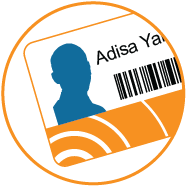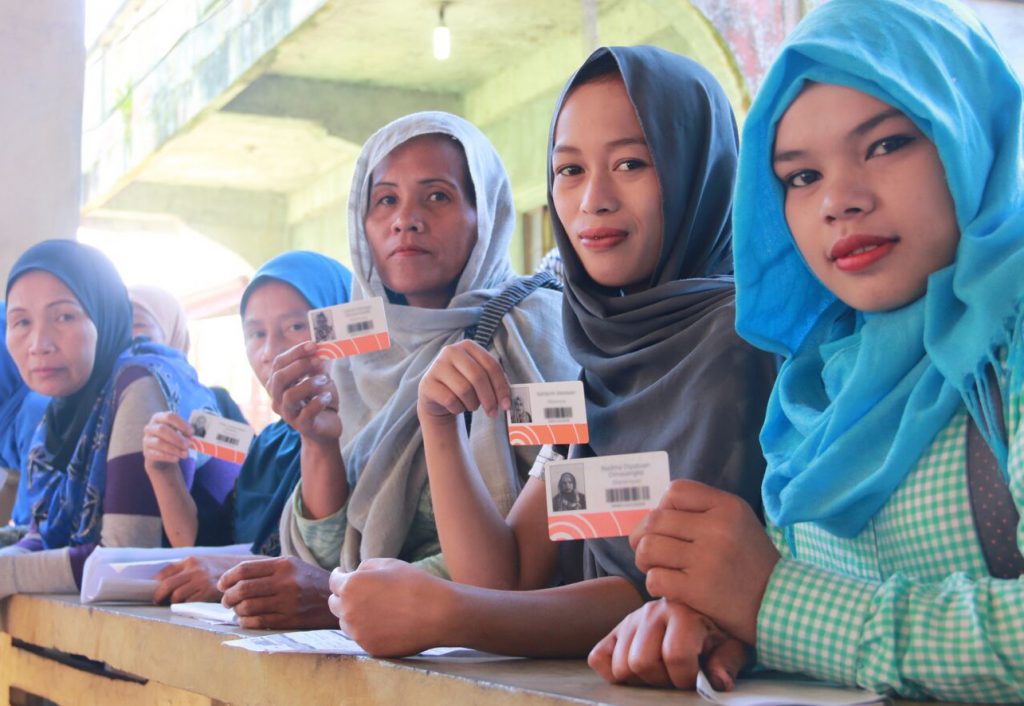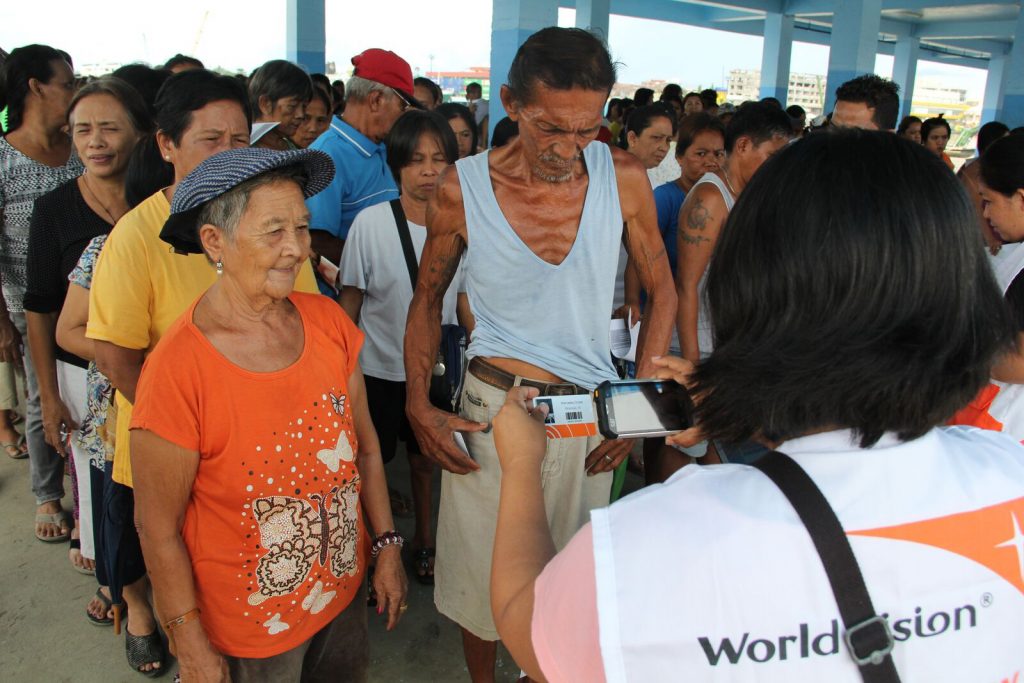
Digital Identity - Registration
Imagine having lost everything and having to walk a very long distance, only to have to stand for hours in line to register your entire family.
Digital identity registration is a one time event and enables beneficiaries to be enrolled in several programmes.

LMMS enables organisations to digitally register beneficiaries either at an individual or household level and meets Know Your Customer (KYC) compliance standards. Household members are digitally registered once.

Registrations are done with ease and accuracy providing improved beneficiary targeting and savings through reuse of data. Electronic audit trail of user activity and reports on which household members collect rations.
Beneficiaries receive their own unique barcoded ID Card (ration card) with a photo (optional), and with other optional content including household location.
Digital Registration is done through the use of mobile devices and is a one-time event.
Once households or individuals are registered into the system, enrollment into various interventions can be done at any point as required, enabling multiple sectors to deliver services to the same beneficiaries following completion of the registration.
The registry data can be updated on-demand to capture data that may be required by different sectors or interventions.
With a full view of your beneficiaries, this allows projects to create new programs and improve targeting of different vulnerable groups.

Registration of Beneficiaries
Household members are digitally registered once, and can be enrolled in several programs
Captures demographic and vulnerability information, for everyone in the household rather than just the household head. Takes 4 minutes.
LMMS can “read” other bar-coded ID’s generated by 3rd partyapps e.g. UNHCR ProGres and others.
Ability to print “temporary ID cards” for use during emergencies and rapid onset disasters. These cards are designed to be used in lieu of the regular photo ID cards.

NFC enabled cards can be used to deliver Electronic Vouchers, track in-kind distributions, and other services like training attendance, record updates, etc.
Online or Offline – Registration can be done completely offline. Staff can take mobile devices to the field, capture the required data, and later upload on the system when they come back to WiFi in the office or whenever they establish a secure connection to the server.
In cases when a beneficiary is not able to attend the distribution to collect their entitlement, they can register representatives they can send on their behalf to collect. These are known as proxies/alternates. LMMS keeps a full record of the person that collected entitlements on site.
Household updates can be done at any time, for example when a new member joins a household (new birth), another relocates, etc.
The registry application can be customized to capture additional data in addition to the standard fields. Up to 7 fields of various data types can be added to the system.
Supports import registration. Data can be ported from external systems, e.g. SCOPE, ProGress, etc. LMMS can also export data for sharing with external systems such as UN partners and Financial Service Providers (FSP) as Know Your Customer (KYC) for creating payment accounts.

“I have three little grandchildren that I have to leave behind when I go to get my food rations, this usually makes me very worried, especially when I am away from home for a very long period of time.
Now with the automated system, the process is fast, and I get to go back home early and be with my grandchildren.”MUKAI MWANTHI – 63 YEARS OLD